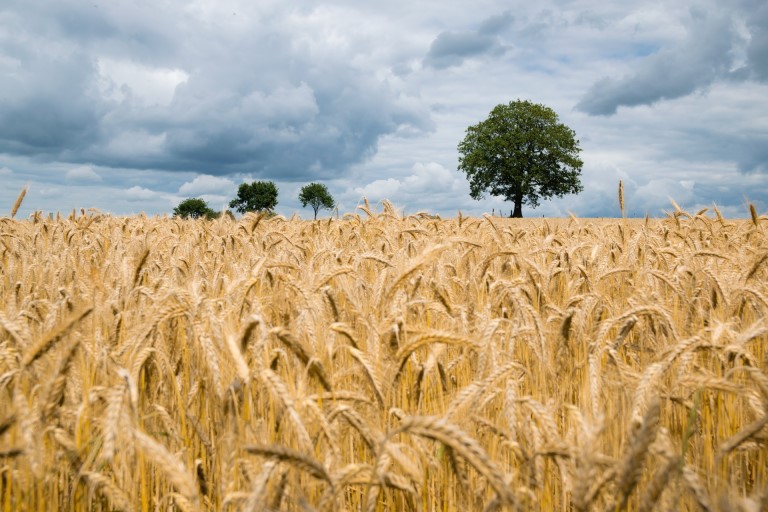
Work Packages
This research project comprises seven integrated work packages.
Work Packages
This work package will provide mechanistic understanding of soil carbon sequestration and nitrogen and phosphorus cycling under alternative and conventional soil management practices across European soil and climatic conditions based on a) meta-analysis of carbon, nitrogen and phosphorus inputs to long-term experimental treatments under study through the crop inputs (stubble, rhizodeposition, root turnover), organic and inorganic fertilisers and assessment of their carbon: nitrogen: phosphorus ratio effects on current soil carbon stock in top soils; b) measurement of soil carbon stock to 1 m to assess the effect of total carbon, nitrogen and phosphorus inputs and nutrient placement under target soil management practices at depth. Furthermore, we will parametrise and validate a range of commonly used decision support tools using long-term experimental data for their ability to predict soil carbon stock across various pedo-climatic conditions in main European cropping systems.
Climate change has been already directly affecting food production and land use and thereby altering soil nutrient cycle feedbacks. Extreme climate events will further increase the vulnerability of agriculture and make mitigation of GHG emissions and adaptation to climate change more complex. However, there is still a considerable gap in our understanding of cropping system responses, in particular the dynamics of soil carbon, nitrogen and phosphorus, to climate feedbacks over space and time, based on plant-soil interactions.
In this work package we will evaluate climate change impacts as described in Respective Concentration Pathways 4.5, 6 and 8.5 of the 5th IPCC Assessment versus baseline (current climatic conditions) on carbon, nitrogen and phosphorus cycling, and climate change adaptation through the yield performance and stability associated with alternative soil management practices. Furthermore, we will evaluate potential of alternative management practices to enhance crop yield, increase soil C and reduce soil GHG emissions, thereby contributing to climate change mitigation in comparison with conventional management. At the ned of the project, we will be able to provide region-specific recommendations for soil management practices with the highest climate change mitigation and adaptation potential.
In this work package we will assess the wider environmental impacts and climate change mitigation (GHG emissions and C footprint) associated with the implementation of alternative soil management practices compared to business as usual (i.e., conventional management) in the main European cropping systems across a North-to-South gradient. At the ned of the project, we will provide cropping system and region-specific recommendations on changes in soil management practices to decrease environmental impacts and to reinforce climate change mitigation.
This work package plays a central role tapping the potential of long-term experimental data, making it available to the consortium and the public. It will evaluate agronomic relevant performance indicators, i.e., environmental adaptability, yield stability and risk of crop yields falling below a threshold level using established and innovative methods. Economic performance will be evaluated in terms of costs, gross income and profits (net income, or gross margin), as well as the benefit-cost ratio. The results will allow assessing trade-offs and potential synergies between environmental (WP4), agronomic and economic (WP5) impacts of European cropping systems under alternative and conventional soil management practices and their impact on soil functions (WP3). This work will inform WP6 on developing cross country implementation guidelines for adopting climate smart soil management practices in European cropping systems.
In this work package we will identify socio-cultural and structural enablers and constraints for alternative soil management practices in European cropping systems, and based on the overall project results we will develop policy recommendations for implementation. Social acceptance of new soil management practices is a complex socio-cultural process, which includes besides economic factors, a variety of socio-technical factors. This work package will therefore closely collaborate with WP5, which will conduct an economic impact assessment of alternative soil management practices and their combinations to gain a holistic understanding of adoption factors.
Follow our updates on ResearchGate or Twitter
